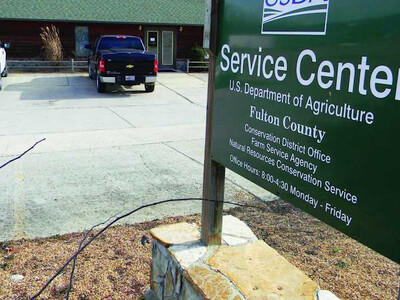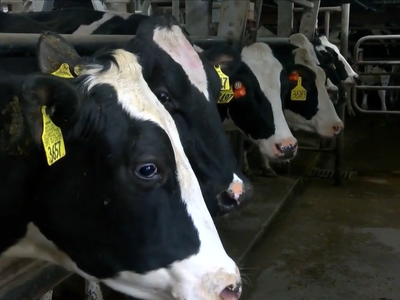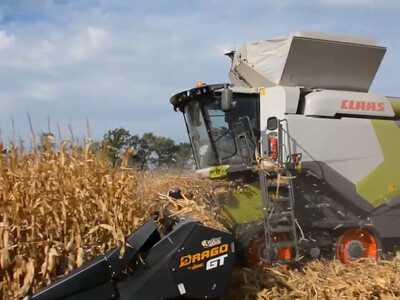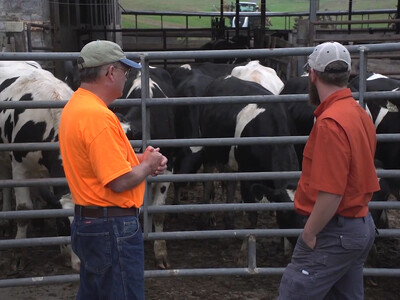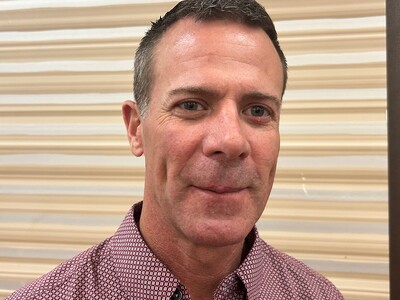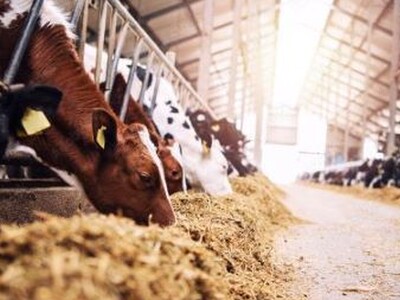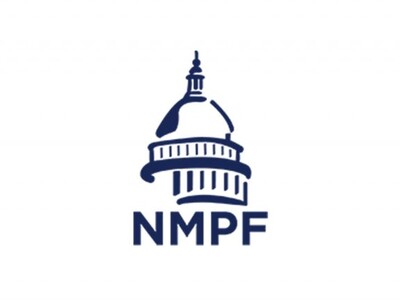Bipartisan Legislation to Ban Fake Meat Products from School Lunches
U.S. Senators Mike Rounds (R-S.D.) and Jon Tester (D-Mont.) introduced legislation that would ban fake meat products from being served in school lunches. The School Lunch Integrity Act of 2024 would prohibit the use of cell-cultivated meat under the National School Lunch Program (NSLP) and the School Breakfast Program (SBP).Since the development of the first cell-cultivated protein product in 2013, companies across the world have begun to develop fake meat products. These products are being developed with the intention of eliminating the need to raise livestock. With the support of environmental activists, dozens of companies across the United States have started to research and produce cell cultivated protein. Last summer, the U.S. Department of Agriculture (USDA) moved to issue grants of inspection for cell-cultured meat production, allowing for two companies to produce cell-cultivated chicken products. These recent actions undermine the important work of American livestock producers.
To date, USDA has not issued any guidance on cell-cultivated protein in the NSLP and the SPB. A lack of demonstrated research on cell-cultivated protein raises a number of questions about the safety of these products.
“Our students should not be test subjects for cell-cultivated ‘meat’ experiments,” said Rounds. “South Dakota farmers and ranchers work hard to produce high quality beef products. These products are often sold to South Dakota schools, where they provide necessary nutrition to our students. With high quality, local beef readily available for our students, there’s no reason to be serving fake, lab-grown meat products in the cafeteria. I’m pleased to introduce this bipartisan legislation that benefits South Dakota producers and protects students from the unknown effects of cell-cultivated ‘meat’ products.”
“Montana ranchers grow the best meat in the world, that’s a fact – and our students ought to be getting the best in their school breakfasts and lunches every day,” said Tester. “This commonsense bill will make sure our schools can serve real meat from our ranchers, not a fake substitute that’s grown in a lab.”
This legislation is endorsed by the U.S. Cattlemen’s Association, R-CALF USA, National Cattlemen’s Beef Association and South Dakota Pork Producers.
“Science experiments belong in the classroom, not the cafeteria,” said Justin Tupper, President of U.S. Cattlemen’s Association. “The long-term health effects of consuming foods produced using cell-cultured technology has not been established. These products are too new and untested to be considered safe for our nation’s children. We appreciate the proactive leadership of Senator Rounds in drafting this important legislation.”
“The claim that cell-cultivated meat grown in a laboratory is as safe and healthful as real, natural meat has not yet been definitively determined,” said Bill Bullard, CEO of R-CALF USA. “So, subjecting children to this nascent, scientific experiment is bad public policy. We applaud Senator Rounds’ bill that will ensure our children and grandchildren will not be encouraged to consume this controversial and unnatural product while at school.”
“The federal government should not allow lab grown protein in school lunch and breakfast programs without knowing the long-term health effects on children,” said Ethan Lane, Vice President of Government Affairs at National Cattlemen’s Beef Association. “The lack of nutrition and allergen research related to lab grown proteins creates unnecessary risks for children, while traditional beef provides essential nutrients that provide health benefits to children. School cafeterias are not test labs, and we appreciate Senator Rounds and Senator Tester for standing up for our children and our cattle producers.”
Click HERE for full bill text.
Source: U.S. Senators Mike Rounds (R-S.D.) and Jon Tester (D-Mont.)




